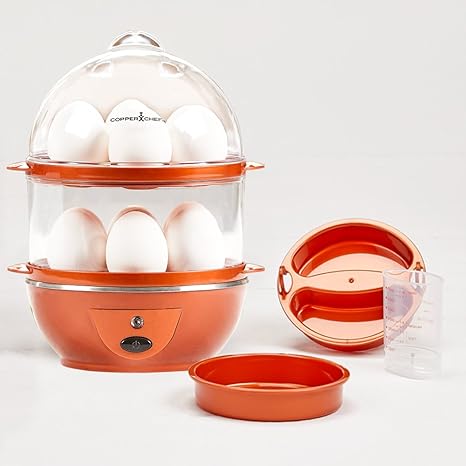Did you know that composting chicken manure is not that hard? I’m going to share my easy tips on How to Compost Chicken Manure.
What is in chicken manure?
Chicken manure contains all of the nutrients that plants need to grow, develop, and produce fruit and vegetables. It contains phosphorus, nitrogen, calcium, potassium, magnesium, sulfur, copper, chlorine, zing, boron, and iron.
This is great for us because we have chickens and a garden. We basically have free fertilizer!
Chicken poop is very high in nitrogen, which can burn your precious plants. It is higher than most other comparable types of manure. A warning though, because of the high nitrogen, fresh chicken poop can create hot soil. That is why chicken poop needs to be composted before using as a fertilizer.

Does Chicken Manure Need to be Composted?
Adding fresh chicken poop directly to the garden can spread nasty organisms to the soil, that you don’t want in your garden-fresh vegetables.
Fresh manure will burn the roots of your plants and the leaves. This is another reason you must compost the chicken poop.

How to Compost Chicken Manure
All the waste (manure, hay, sawdust, shavings, and straw) can be added to your compost bin. We use simple cattle feed buckets for our compost bins, with a few holes drilled in.
Brown is the chicken bedding, along with sticks, grass clipping, paper, small sticks, and plant debris.
Green material is the manure and your wonderful kitchen scraps with green parts.
It is recommended to use two parts brown to 1 part green for your compost.

What is the fastest way to compost chicken manure?
- Place all the materials in the compost bin.
- Mix regularly by stirring and turning the composting material. Our chickens help out a lot with stirring, though sometimes they make a big mess by kicking some of the compost materials out of the bin!
- Add water to it when stirring to help the elements break down
- A temperature of 130 degrees F or up to 150 is recommended. This allows the soil bacteria to break down the pathogens from the manure. Stirring the compost allows air to enter and allows the good bacteria to do their job.

How long does it take for chicken manure to compost?
At least 5-6 weeks, but wait at least 3 months to put it on your garden. A good way to tell if it is ready is when it smells like fresh dirt.
- Front & Back Cover
- Fill in Shopping List
- Fill in Seasonal Checklists
- Plant Tasks Worksheets
- Layout Your Garden Blank Grids
- Garden Budget Worksheets Divided into Categories
- Plant Tracker WorkSheets
- Seed Tracker Worksheets
- Harvest Tracker Worksheets
- Fertilizer Tracker Worksheets
- Blank Calendars
- Weekly Planners
- Harvest Tracker Monthly Worksheets
- Blank Daily Tasks Checklist
- Plant Profile Worksheets
- 3 Sticker Sheets PDF so you can print and cut with scissors & PNG so you can print and cut on a cutting machine like Cricut
- 38 Planner pages including front & back cover
- Bonus Companion Planting Guide
When to Use Chicken Manure in the Garden?
The minimum recommended is 3-4 months before applying it to a garden, I usually wait closer to a year. By 4 months you should have very rich and valuable compost, perfect for your garden! All of the bad bacteria should be destroyed by the heat produced from composting.
How do you Know When the Compost is Ready?
When It’s ready it should look dark, smell like soil, and be crumbly. It should NOT smell like ammonia.

How do You Add Compost to Your Garden?
- Mix one part compost to 3 parts soil just before planting in your garden.
- It is advised to continue to wash your vegetables carefully, to be safe.
Composting Tips and Safety Precautions
- Wear gloves when handling manure.
- Do not add cat, dog, or pig manure to your compost bin.
- Always wash your produce thoroughly before eating.
- Learn more about composting and what you can put in it in my article Composting.








































[…] Now, you’re ready to compost. Check out this post for how to compost chicken poop. […]
[…] frost for our growing zone. My plants are in raised beds filled with topsoil and compost (made from chicken manure). Compost can be purchased, if you don’t make your […]